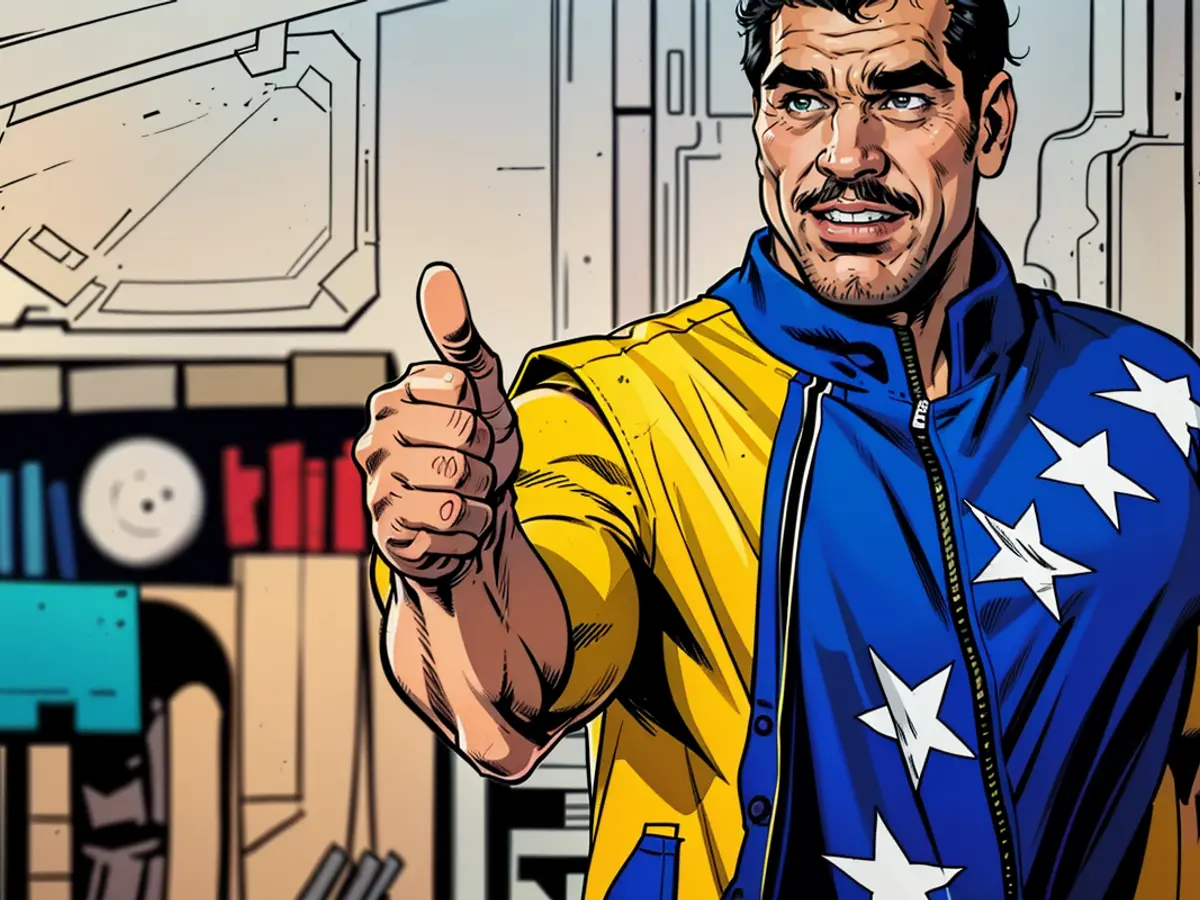Latin America - Maduro officially declared winner in Venezuela election
Venezuela's authoritarian President Nicolás Maduro has been re-elected in the presidential election of the crisis-stricken South American country, according to official results. Maduro obtained 51.2 percent of the votes, the National Electoral Council (CNE) announced. His main challenger, former diplomat Edmundo González Urrutia from the Unitary Democratic Platform opposition coalition, received 44.2 percent.
The opposition rejected Maduro's re-election and declared González as the president. "We have won, and the whole world knows it," opposition politician María Corina Machado said.
Several surveys had predicted a victory for the opposition candidate. However, observers did not expect a free and fair election before the voting. In the run-up to the election, numerous opposition figures were arrested, and government-critical candidates were barred from running. The NGO Foro Penal reported over 300 political prisoners. Popular opposition leader Machado was banned from holding public office for 15 years due to alleged irregularities during her tenure as a deputy. In her place, the previously almost unknown González ran in the presidential election.
The opposition claimed they had received 70 percent of the votes, Maduro 30 percent, according to Machado's statement during the election night and her reference to independent recounts.
A quarter of the population has left Venezuela
Maduro can now begin his third six-year term in January 2025. According to observers, the chances of a political change in Caracas had been almost non-existent in the assessment. In contrast to the elections six years ago, the opposition showed unity this time. Moreover, even previously loyal supporters of the socialist government were disillusioned due to the catastrophic economic situation. Over 80 percent of the population live in the once wealthy country with vast oil reserves below the poverty line. Power outages, gas, medicines, and gasoline are scarce. More than seven million people - a quarter of the population - have left Venezuela in the last ten years due to poverty and violence.
Maduro warned of chaos if the opposition won, threatening a bloodbath and a civil war in Venezuela. He stated that his re-election was "the only option for peace." He repeatedly described the Venezuelan electoral system as "the most reliable, transparent, and secure in the world."
European Union could not send election observers
The EU was not represented by observers during the election as Venezuela's electoral authority revoked their invitation due to existing personal sanctions against representatives of the National Electoral Council. Four former Latin American presidents were prevented from traveling to observe the election, according to Panamanian authorities. The United Nations did send some election experts, but their roles were limited as the body does not issue public statements to evaluate the election process.
- Despite counting Nicolas Maduro as the winner of the presidential election in Venezuela, the opposition led by María Corina Machado strongly disagreed and declared Edmundo González as the president.
- The crisis-stricken state of Venezuela saw Nicolas Maduro securing 51.2% of the votes in the presidential election, while his main rival, Edmundo González from the opposition coalition, obtained 44.2%.
- In the run-up to the presidential election, several opposition figures were arrested, and government-critical candidates were barred from participating. As a result, Edmundo González, who is relatively unknown, ran in place of the popular opposition leader, María Corina Machado, who was banned from holding public office.
- Upon the announcement of the election results, the opposition claimed that they had received 70% of the votes, while Maduro only received 30%, according to María Corina Machado's statement on election night and her references to independent recounts.
- Following the presidential election in Caracas, the government of Venezuela, under the leadership of Nicolas Maduro, faced increasing criticism from both domestic and international observers regarding the fairness and transparency of the election process.








